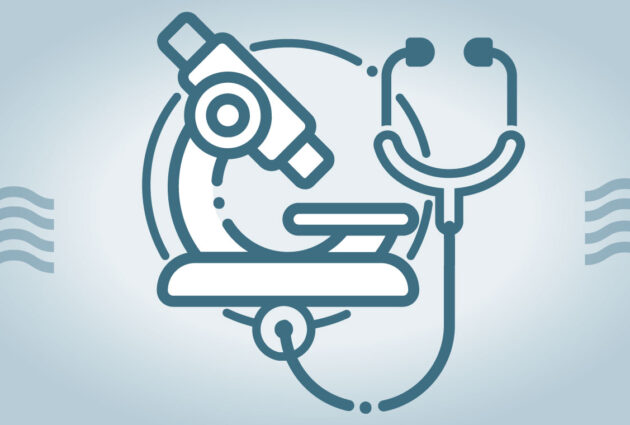Getting Bike Equity Right: A River Riders Bike Share Initiative
At a Glance
The goal of this project was to implement an enhanced bike share program in Wisconsin Rapids following the success of River Riders Bike Share, which was introduced in the city to increase physical activity and reduce obesity rates. This project was successful in developing an improved bike share program by engaging with the community, addressing barriers for underrepresented populations and adding accessible bikes and safety measures including bike lanes and signage. These changes resulted in a significant increase in ridership with 548 users utilizing the 30 cruiser bikes and three adaptive bikes. The program’s positive impact was evident in the increased physical activity and reduced air pollution, with an estimated elimination of 268 car trips and 230 pounds of carbon emissions.
The Challenge
River Riders Bike Share was introduced in Wisconsin Rapids in 2014 with the goal of increasing physical activity and reducing obesity rates. The program’s success led to a desire for a more comprehensive bike sharing initiative in Wood County’s Community Health Improvement Plan as the county’s leading causes of death and disability are chronic illnesses including heart disease, diabetes and stroke. Bike share programs offer a unique solution to problems such as lack of access to public transit, traffic congestion, air pollution, physical activity and obesity, however evidence has shown inequitable distribution of bike share access based on race, income, age and education level. A pilot program demonstrated community interest and demand for bike sharing, but highlighted the need for more bikes, accessible bikes, better biking infrastructure and increased education and awareness of biking.
Project Goals
The primary objective of this project was to implement an enhanced bike share program in Wisconsin Rapids. This objective was addressed through a series of short-, medium- and long-term goals. First the project aimed to hold community outreach events to identify barriers for underrepresented populations and implement accessible bikes and wayfinding signage. In the medium term, the project sought to expand the number of bike stations and facilitate regional conversations about bike share. Finally, the long-term goal involved creating a comprehensive bike and pedestrian plan for Wood County including infrastructure improvements and county-wide bike share programming.
Results
This project successfully launched an enhanced bike share program by building trust, listening to underrepresented voices and fostering active engagement with the Wisconsin Rapids community. This collaboration helped identify barriers for underrepresented populations, determine the residents’ preferences for accessible bikes and understand the need for painted bike lanes and traffic signage for safety. In partnership with the City of Wisconsin Rapids, bike lanes and signage were added to the downtown area and planning began to include wayfinding signage and bike station information both downtown and on trails.
During the 2019 season, 30 cruiser style bikes were available at six locations across the community and three adaptive bikes, including two tandem side-by-side bikes and one tricycle, were added with the help of this grant. Community residents were instrumental in determining the types of bikes available, the cost and types of bike sharing memberships and the locations of the bike stations. These improvements resulted in two and a half times more riders and three and a half times more rides taken.
Bike riders utilize a phone app-based system to unlock and lock bikes. This system allows data to be gathered to understand how riders are using the program. According to this data, 548 riders have utilized bike sharing with the average trip being just over two miles in distance. It is estimated that, cumulatively, ridership has eliminated 268 automobile trips and reduced 230 pounds of carbon emissions. These outcomes demonstrate the positive impact the bike sharing program has had in increasing the community’s physical activity and reducing air pollution.
Learn more about how a bike share aims to enhance health in Wisconsin Rapids

